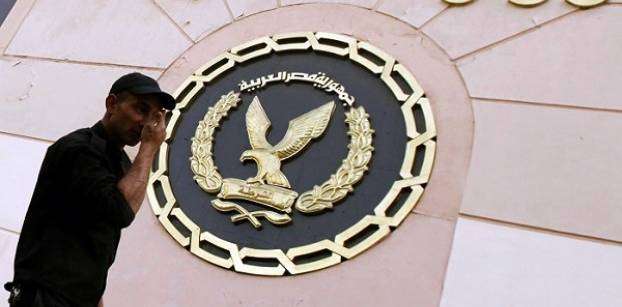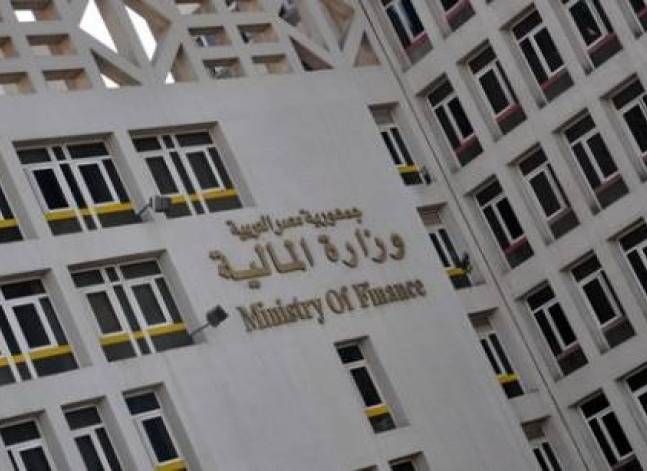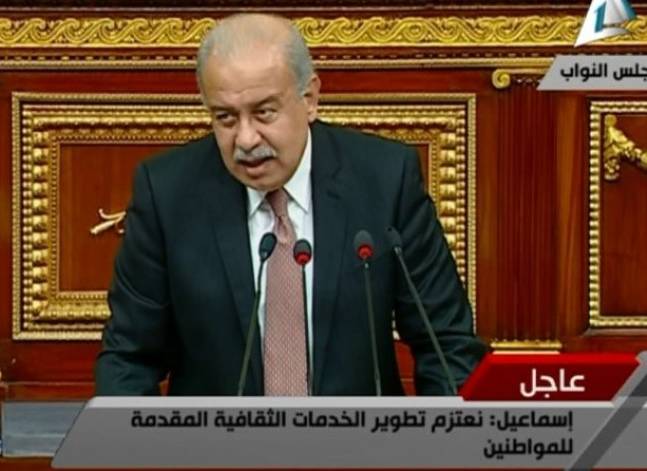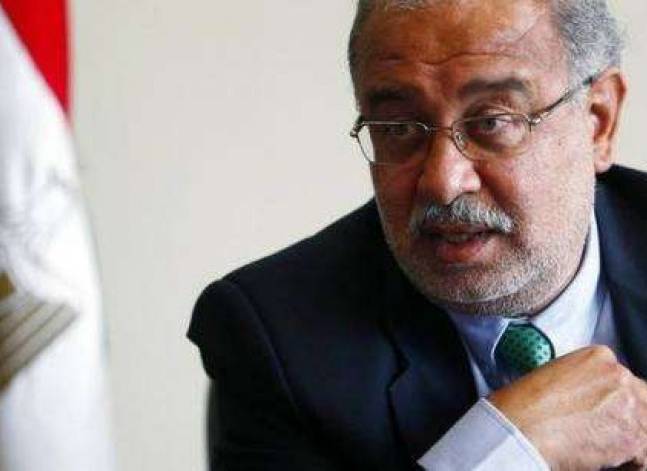Latest NEWS
- Aswat Masriya, the last word
- Roundup of Egypt's press headlines on March 15, 2017
- Roundup of Egypt's press headlines on March 14, 2017
- Former Egyptian President Hosni Mubarak to be released: lawyer
- Roundup of Egypt's press headlines on March 13, 2017
- Egypt's capital set to grow by half a million in 2017
- Egypt's wheat reserves to double with start of harvest -supply min
- Roundup of Egypt's press headlines on March 12, 2017
Police and judiciary most to benefit from wage increases in new budget
CAIRO, May 30 (Aswat Masriya) – The Egyptian government's unrelenting goal to reduce percentage of wage increases does not affect all sectors equally as the police and the judiciary witness relatively higher increases in wages compared to the education and healthcare sectors.
The Egyptian government said in its draft state budget that it hopes to shrink percentage of wage increases in the fiscal year 2016/2017 as it continues to adopt a newly introduced method in 2015 that led to a lower growth rate for wages.
The "public order and public safety affairs" sector which includes police services, fire protection services, courts and prisons garnered the highest increase in its wage bill for FY 2016/2017 that starts in July.
The provision of expenditure for this sector increased by EGP 5 billion, marking an increase by 14 per cent compared to the current fiscal year.
Meanwhile, wages in the education and healthcare sectors increased by EGP 2.4 billion and EGP 1.2 billion, marking a mere 3 per cent and 4.6 per cent rise, respectively.
The rate of increase in wages witnessed a decline in FY 2015/2016 that reached 8.6 per cent compared to 12.4 per cent last year.
The decline sparked anger among workers' unions, leading them to stage strikes in August against the controversial civil services law that was introduced by the government with the stated aim of curbing the wage bill and reforming the state's administrative body.
The civil services law was introduced by the president in his authority as legislator in March 2015 prior to the election of the parliament, which first convened in January of this year.
During its deliberations on presidential decrees passed in its absence, the elected parliament discussed a vast number of laws including the civil service law. However, the law was not approved by the parliament, with a majority of MPs voting against it 332 out of 468.
The newly elected legislature was constitutionally obliged to review the executive decrees within 15 days of its first session, which was held on Jan. 10, and either approve or reject them.
Earlier in May, the ministry of finance said that Egypt's budget deficit had risen to 7.9 per cent of Gross Domestic Product (GDP) in the first eight months of FY 2015/2016 compared to 7.7 per cent of GDP during the same period last year.
However, wages recorded "the lowest increase over the past three years in light of attempts to control the wage bill."
Meanwhile, on the revenues side, the cabinet introduced the long-awaited value-added tax bill which is expected to reap a 41 per cent increase in sales tax revenue, representing a much needed flow of income for the government. The parliament is yet to approve the bill.
The state budget for FY 2016/2017 awaits the final approval of the parliament.















